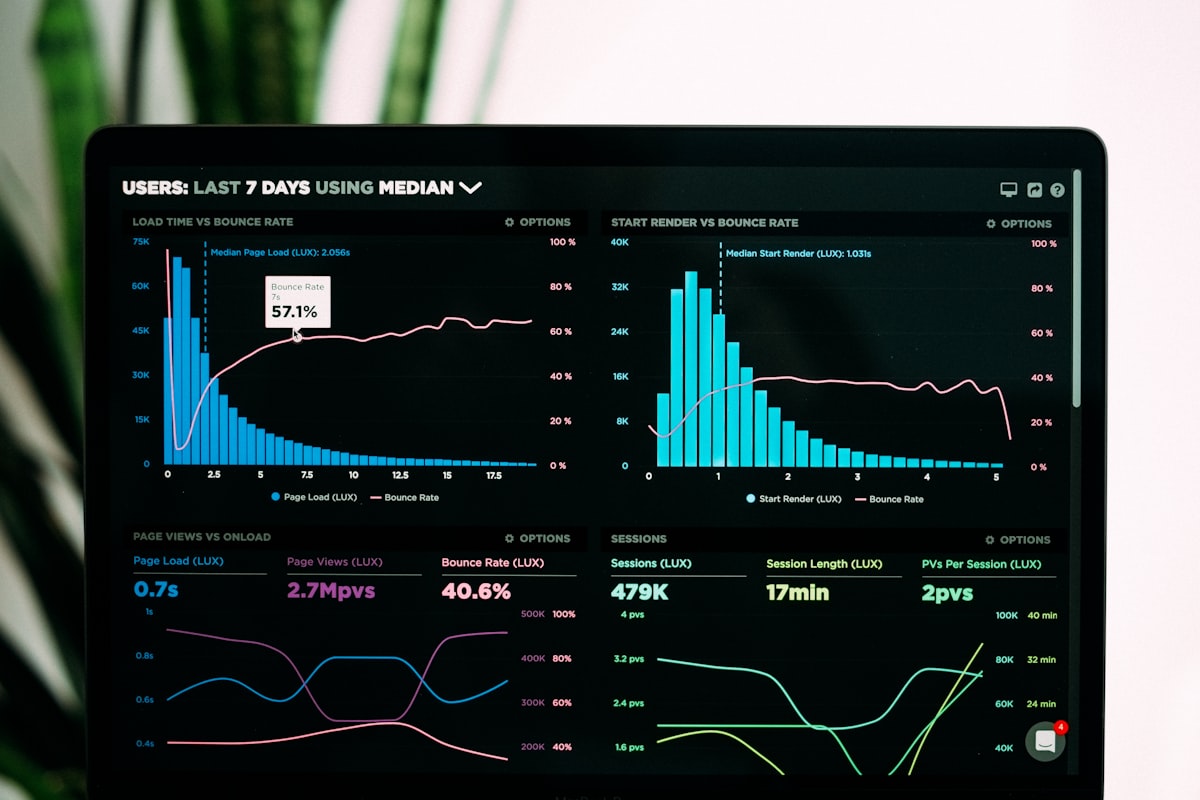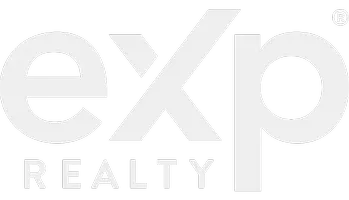Timing Your Sale for Maximum Return: Strategic Market Intelligence for Luxury Sellers
Timing Your Sale for Maximum Return
Strategic market intelligence that transforms timing decisions into competitive advantages and higher sale proceeds

The difference between perfect timing and poor timing in luxury real estate often measures $50,000-$150,000 in final sale proceeds—money that either stays in your pocket or transfers to buyers who recognize market opportunities you missed. Strategic sellers understand that timing isn't just about seasonal preferences; it's about understanding buyer psychology, inventory dynamics, economic cycles, and competitive positioning to create maximum negotiating leverage when their property hits the market.
The Strategic Framework: Beyond Seasonal Thinking
Most sellers approach market timing with conventional wisdom: list in spring, avoid winter, hope for the best. This elementary approach ignores the sophisticated dynamics that actually drive luxury real estate outcomes. Strategic timing requires analyzing multiple variables simultaneously—seasonal patterns, economic indicators, inventory levels, buyer demographics, and competitive landscape—to identify optimal launch windows.

Strategic timing analysis considers seasonal patterns, economic indicators, and competitive dynamics simultaneously
Consider two identical $1.2M properties I represented: one launched in "peak season" March with 47 comparable listings, selling after 89 days for $1.165M. The other launched in "slow season" November with 12 comparable listings, selling in 23 days for $1.235M. The November seller netted $70K more despite selling in the "wrong" season because strategic timing created competitive advantage through inventory scarcity.
This example illustrates a fundamental principle: market timing is about relative positioning, not absolute seasons. The best time to sell is when your property will face the least competition while attracting the most qualified buyers—a calculation that requires market intelligence, not calendar watching.
Each season presents unique opportunities and challenges for luxury sellers:
Economic Indicators: Reading Market Signals Like a Professional
Sophisticated sellers monitor economic indicators that predict luxury market performance 3-6 months in advance. While seasonal patterns are predictable, economic cycles create opportunities for sellers who understand their implications. Interest rates, employment data, stock market performance, and energy sector health all influence luxury buyer behavior and timing decisions.
Monitor these metrics to identify optimal selling windows:
Interest rate trends particularly impact luxury timing decisions. Rising rates typically compress buyer pools but create urgency among qualified buyers. Smart sellers position their properties to capture this urgency rather than waiting for "better" conditions that may never materialize. The key is understanding how economic conditions affect your specific buyer demographic and market segment.
Discover Your Optimal Timing Strategy
Get personalized market timing analysis that considers your property, local conditions, and economic factors to maximize your sale proceeds.
Schedule Timing AnalysisCompetitive Intelligence: Timing Around Market Dynamics
Strategic timing requires understanding not just when buyers are active, but when your competition is vulnerable. Luxury markets operate differently than mainstream segments—inventory levels, price points, and buyer sophistication create unique timing opportunities for sellers who analyze competitive landscapes strategically.

Competitive intelligence reveals optimal timing windows when inventory levels favor sellers
Monitor your immediate competition—properties within 15% of your expected price range in similar neighborhoods—to identify low-inventory windows. When comparable inventory drops below historical averages, qualified buyers face limited choices, creating seller-favorable negotiating environments. This intelligence often identifies off-season opportunities that conventional wisdom misses.
I recently advised a Memorial-area seller to launch in January when comparable inventory was 60% below seasonal averages. Despite "slow season" timing, the property received multiple offers and sold for 8% above asking price because strategic timing created competitive scarcity. The seller captured winter buyer urgency while avoiding spring inventory floods.
"Perfect timing isn't about predicting the future—it's about positioning your property to capture maximum buyer attention with minimum competitive interference."
Strategic Launch Timing: Execution Excellence
Once you've identified your optimal timing window, execution becomes critical. Strategic launches require coordinating multiple elements—property preparation, marketing materials, agent previews, and buyer outreach—to maximize impact during your chosen window. Poor execution can waste perfect timing, while excellent execution can overcome imperfect timing.
- Pre-market preparation: 6-8 weeks before launch date
- Agent preview scheduling: 2 weeks before MLS activation
- Professional photography: Optimal lighting conditions
- Marketing material distribution: Day before MLS launch
- MLS activation: Tuesday-Thursday for maximum exposure
- Buyer agent outreach: Launch day targeted communication
- Public marketing activation: 24-48 hours post-MLS
Tuesday through Thursday launches typically generate maximum initial exposure because weekend showings provide immediate feedback opportunities. Avoid Monday launches (agents catching up from weekends) and Friday launches (attention shifts to weekend plans). These tactical details seem minor but influence early momentum significantly.
Personal vs. Market Timing: Balancing Competing Priorities
Strategic timing must balance market opportunities with personal circumstances. Job changes, family situations, financial needs, and life transitions create timing constraints that may conflict with optimal market windows. The key is understanding these trade-offs and making informed decisions rather than hoping perfect alignment will occur naturally.
- Plan major life changes around market cycles when possible
- Use bridge financing to avoid forced timing compromises
- Consider rent-back agreements for transition flexibility
- Evaluate carrying costs vs. timing premiums quantitatively
- Prepare properties during off-market periods for quick launches
- Maintain timing flexibility through contingency planning
When personal timing conflicts with market timing, focus on controllable factors: pricing strategy, presentation quality, and marketing excellence. A perfectly prepared property with strategic pricing can succeed in suboptimal timing windows, while an unprepared property will struggle even in perfect market conditions.
Present conditions favor strategic sellers who understand market dynamics:
✅ Favorable Factors: Low luxury inventory, corporate relocations, energy sector strength
⚠️ Watch Factors: Rising interest rates, economic uncertainty, election year dynamics
🎯 Strategic Window: February-April 2025 presents optimal conditions
📊 Recommendation: Launch prepared properties immediately; delay unprepared properties until fall
Advanced Timing Tactics: Professional-Level Strategies
Sophisticated sellers employ advanced timing tactics that create additional competitive advantages. These strategies require market expertise and professional execution but can generate substantial returns for sellers who understand their application and timing.

Advanced timing strategies require professional expertise and market intelligence to execute successfully
- Coming Soon campaigns to build buyer anticipation
- Strategic price positioning to dominate search algorithms
- Exclusive preview events for qualified buyer agents
- Coordinated launch timing with complementary properties
- Economic calendar awareness for Federal Reserve announcements
- School calendar coordination for family-focused timing
- Corporate fiscal year awareness for executive relocations
"Coming Soon" campaigns exemplify advanced timing tactics—building buyer anticipation before MLS activation creates competitive urgency and qualified buyer pools. However, these strategies require careful execution and market understanding to avoid backfiring through over-promotion or premature exposure.
Master Your Market Timing Strategy
Work with Houston's most experienced luxury market advisor to develop your optimal timing strategy and maximize your sale proceeds.
Schedule Strategic SessionYour Timing Success Blueprint
Strategic market timing separates sophisticated sellers from those who leave money on the table through poor timing decisions. The difference between strategic and conventional timing often measures in tens of thousands of dollars and months of carrying costs—returns that justify the effort required for proper timing analysis.
Remember that perfect timing rarely aligns with personal convenience. Successful sellers plan around market cycles, prepare properties during optimal preparation windows, and launch during strategic market opportunities. This disciplined approach consistently generates superior outcomes compared to reactive timing decisions.
Begin your timing analysis early, monitor market indicators consistently, and maintain flexibility to capture emerging opportunities. With proper planning and strategic execution, your timing decisions become competitive advantages that translate directly into higher sale proceeds and faster transactions.
Categories
- All Blogs (26)
- Buyer Intelligence (3)
- Buyer Resources (5)
- Community Update (2)
- Company Anointments (1)
- Company Services (3)
- Corporate Services (2)
- Educational & Advisory Tags (13)
- Guest Contributors (1)
- home lending mortgage (2)
- Homes lending services (1)
- Houston News (1)
- Houston Real Estate Market Updates (1)
- Houston Trends (2)
- Listing Announcement (1)
- Market Review (10)
- Notable News (3)
- Seller Insights (10)
- Seller Resources (9)
- Selling Strategy (11)
Recent Posts











Your Strategy Begins with the Right Information
Real estate moves are serious — whether you're selling your legacy home, buying your next chapter, or investing in long-term wealth. Every article here is written to elevate your confidence and guide smarter decisions.

SELLER SERVICES
We take the stress out of selling your home by providing a seamless experience from start to finish. Our team will put you in the best position to market your home and sell it for the highest possible price.

